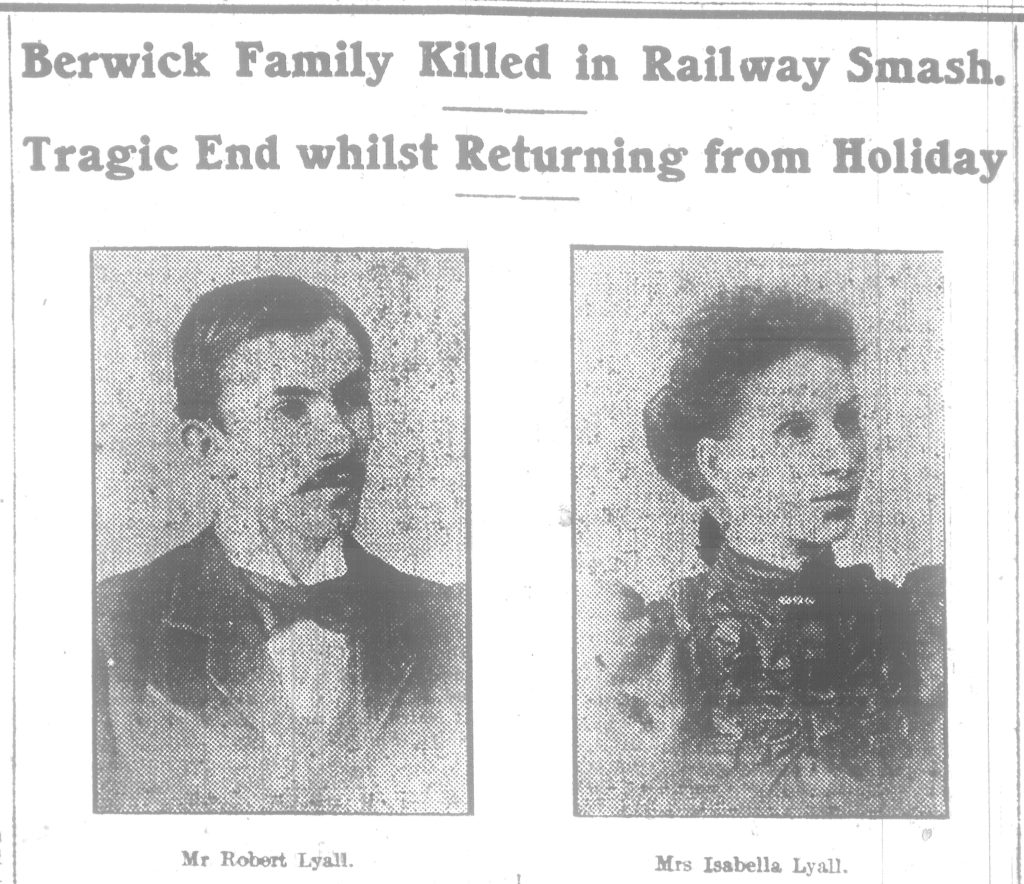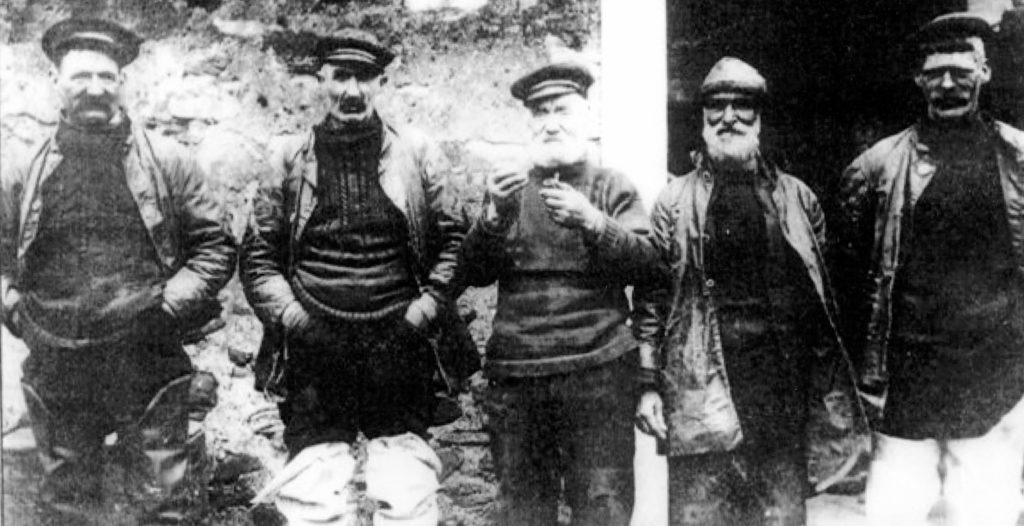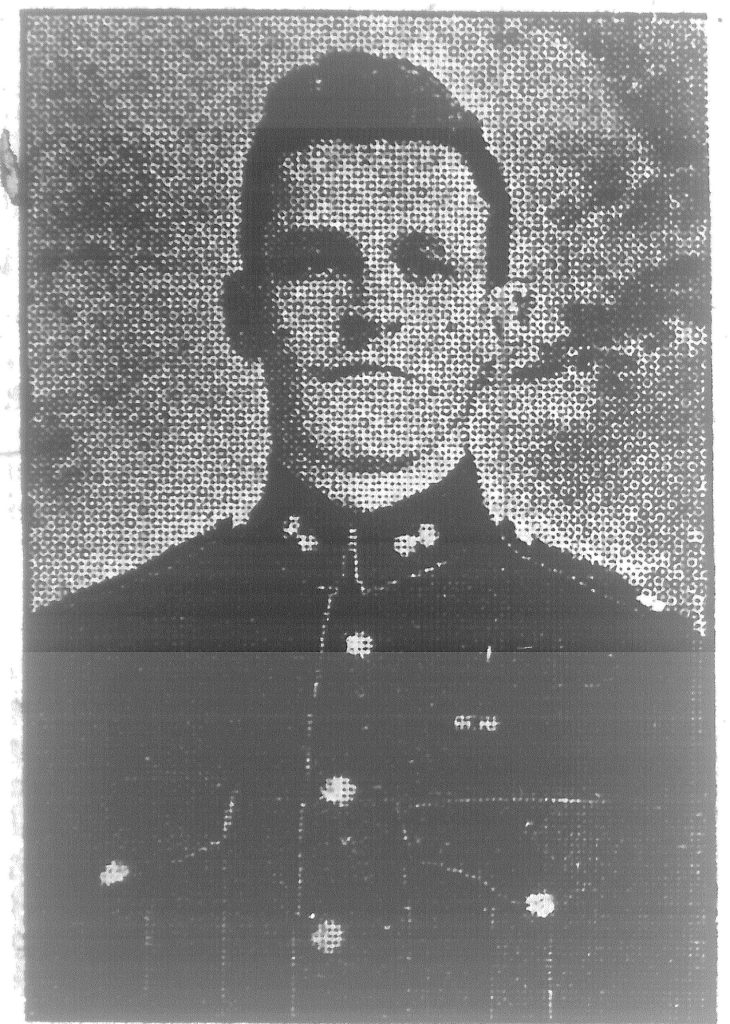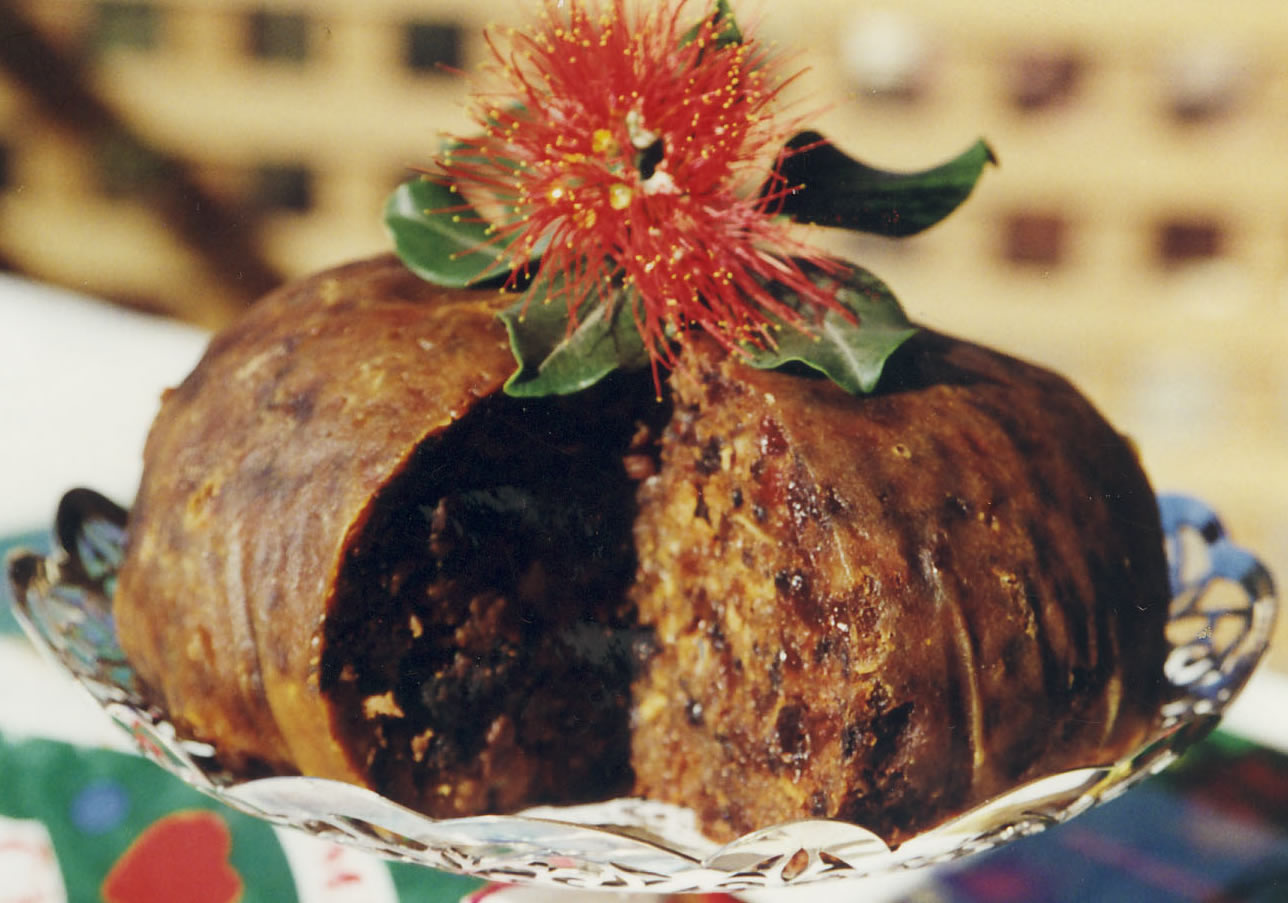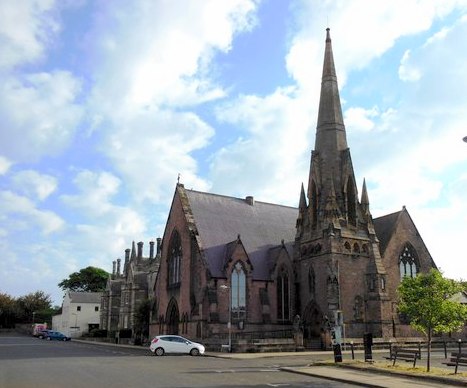BERWICK ADVERTISER, 26 JANUARY 1917
FEMALE’S UNPATRIOTIC CONDUCT
Delia Curry, Berwick, married, was charged with concealing two deserters- Private Martin Conroy and Private Curry, in her house on 23rd January.
The Chief Constable explained that Sergeant Wilson got information that there were two deserters in the defendant’s garret in Chapel Street on Tuesday. From snoring the Sergeant heard outside he came to the conclusion that there were several men in the room. He called later, but the defendant refused to open the door for a considerable time. By the aid of a pen-knife he enlarged a hole in the door and saw a man partly dressed in khaki. He also saw a uniform lying about, and on getting in he only saw one man. There was a cupboard which he at last forced and found a man concealed there. Conroy had been an absentee since 9th April, 1916, and Curry since the 11th December- both from Duddingston.

Sergt. Wilson gave evidence as to his visit to the house. The keyhole of the door was choked up. After getting hold of one of the soldiers defendant said that there was no one in the house though the other was concealed in the cupboard. Conroy was defendant’s husband, the other man her brother.
Sergt Harvie, the Barracks, proved that the men were both deserters.
Defendant denied the charge, and said that the soldier went into the cupboard to put on his trousers – it was not a cupboard, it was a small room.
The Chief Constable said that the defendant was one of those who travelled the country and had no permanent residence.
Sentence – one month’s hard labour.
LOCAL NEWS
Laying the foundation Stone of Berwick Pier. In connection with our short article
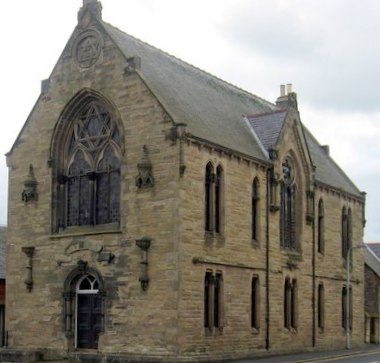
regarding the Masonic ceremony at the laying of the foundation stone of Berwick Pier, it is of interest to note that there are framed in St. David’s Lodge two masonic aprons worn on that occasion. The inscription on the first is as follows: – “Presented to St. David’s Lodge No. 393, by Bro. J. Crow, on behalf of Mrs Smith, Magdalene Fields House, August 1914. Worn by her uncle, Bro. John Fox, who was surveyor of Berwick Pier under Sir John Rennie, and was used by him in the procession at the laying of the foundation stone, “July 27th, 1810.” The second bears a similar inscription, and was worn by her grandfather, Bro. John Good. There is a small trowal attached to this which was carried on the volume of the sacred law, in the procession and used in the ceremony.
Present Day Conditions in Germany: Mr D Thomas Curtin, whose articles and lectures descriptive of conditions in present day Germany have attracted much attention here and abroad, is to lecture in the Queen’s Rooms, on Wednesday, 31st inst., at seven p.m. Mr Curtin spent ten months in Germany, and during that period he travelled from one end of the country to the other, carefully noting what was going forward and the methods adopted by the authorities to cope with the famine brought about by the blockade. He will give his hearers an admirable opportunity of learning how the Germans succeed in organising for war, and the ruthless manner in which regulations are enforced. The lecture should be heard by everyone, and as a large audience is expected those desirous of being present should secure tickets immediately.
Soldiers’ Recreation Rooms. – The popularity of this institution as a resort for our local soldiers is well maintained. Every night the premises are well filled, and while supper is served in one room, innumerable letters written in another, great advantage is also taken of the concert hall. Last week was a specially busy one in the latter department. Tuesday saw the first tie in a whist contest; on Wednesday there was a concert; while every Sunday an hour is spent singing hymns. And in all this activity it is noticeable that the soldiers play the main part. A whist league has been formed consisting of eight teams of eight men each. Great keenness was shown in the first match, and the feature has been enthusiastically taken up. The concert proved a most enjoyable one. It was opened by the orchestra, consisting of six instrumentalists, with a spirited rendering of “Sandy Mac,” and in response to an encore, “Stop Shorty” followed. Next came a song, “Scotland Yet.” by Private Mason. This soldier has a pleasing tenor voice, and while the audience, being mostly Scotch, would have liked a little more vim, he sang very sweetly. By way of variety Mr W. B. Dickinson told a few racy stories about bulls – the Highland, not the Irish variety. Private Burnett, a youthful soldier, gave a step dance, which was much appreciated. But the lion of the evening was Private Cumming, a splendid baritone, who sang, “Sons of a Nation.” A very few bars only were necessary to convince all that this handsome soldier had submitted his voice as well as his body to discipline and training. He is far above the ordinary run of vocalists. Praise in such a case would savour of patronage, but we may remark that his effort was hugely enjoyed and in response to rapturous applause he returned and sang “The Old Soldier” to the genuine delight of all present. A cornet solo, “Afton Water.” By Bugler Russell so pleased the audience that they insisted upon another, when the Bugler gave “Killarney.” The deep voice of Lance-Corporal Staples was heard in “When the ebb tide flows.” This was followed by another piece “Melodyland,” by the orchestra, and the concert closed with “God Save the King!”
BERWICK NATIVE’S EXPERIENCES IN MUNITION FACTORY EXPLOSION
A Berwick native, Mr William Purves, who resides in London, near the seat of the recent Munition factory explosion, writes as follows:-
The situation of the house is in close proximity to the centre of the explosion, and the remarkable part is that although all the other houses round about us were damaged in one way and another, such as a windows out, doors smashed, ceilings down, furniture upset, etc, we escaped with a broken lock, not even a window cracked. My wife and self are both natives of Berwick, she being the daughter of the late captain H. J. Rutherford, 61 Ravensdowne, and just a few hours before the explosion took place had received intimation of her mother’s death.

That, coupled with the fact that she was thrown right across the room with the force of the explosion, causing a wound to her hand, completely unnerved her, but I am pleased to say she is progressing favourably. I am a Freeman of Berwick, serving my apprenticeship with Messrs J. Cockburn and Son, Castlegate. At present I am shop foreman of joiners in a munition works. My mother, who is still alive, and also a native of Berwick, resides at Cheviot View, Lowick.


